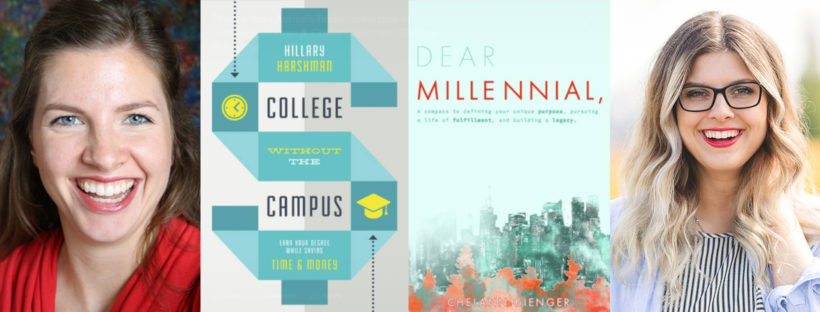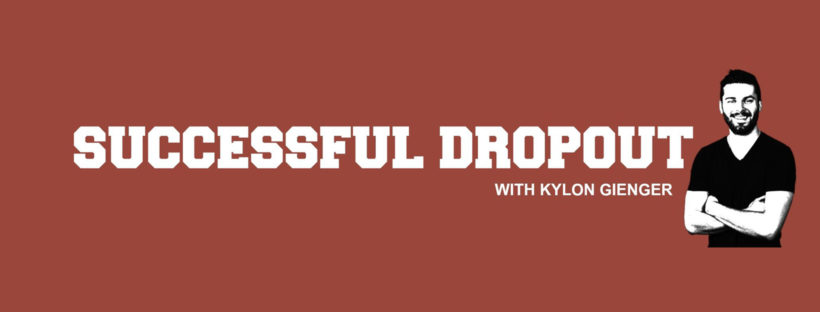How do you respond to taking tests? Testing is one activity that is a part of life for most of us, and despite its ubiquity, it brings feelings of dread to many people. Tests crop up in school, work, extra-curricular certifications, and even workouts! Because tests are a perennial part of life, I share two test-taking techniques that have helped me manage my testing nerves.
Out of all the types of tests I’ve taken, such as end-of-the-school-year tests, computer tests, quizzes, CPR tests, CLEP tests, language exams, and swimming tests, the one type of test that most unnerved me (and gave me good skills for taking credit-by-exam tests) was piano syllabus tests.
The piano program I participated in had one test for Levels 1 through 10. At each level the student was required to learn specific music theory, demonstrate music skills, and play a certain number of pieces from different eras. I typically completed one level yearly, so every spring I would put my acquired knowledge to the test. It was a doable task, to be sure. But something about having to prepare such a well-rounded set of skills and have them all top-notch on a particular date made me nervous.
When the testing day came, I needed to remain calm. Scheduling the test in the morning was helpful, so I didn’t have as long to worry. Meanwhile, I trained my mind toward the test benefits—I had learned new repertoire and bolstered my music skills. Once I arrived to the test location, I mentally pictured myself walking out of the room after the test having done my best. This post-test visualization is one of the most helpful tips I have for test taking. The more vividly I could picture myself successful at the finish line of the test, the more peace I had while waiting to begin. Visualizing success is well known to athletes who report improved performance and confidence.[1]
Another strategy is to confront my worst fears. This wasn’t as effective on the day of the test, but a day or two before testing this strategy was quite helpful. I would imagine what would happen if I broke down into tears during the test—embarrassing for sure, but nothing else would happen. I would get it back together and continue. If I failed the test, I could retake the test at the next available opening, or I could review the material on my own and then move forward without completing this level. Though the path to move forward after failure depends on the specific test, there will almost certainly be a way to move forward.
Testing can bring up many of the more uncomfortable emotions such as fear, anxiety, nervousness, nausea, loss of focus, and even physical pain. Who in their right mind would purposely do something to trigger these emotions? I know why we do. Once I have tackled a test, I am stronger. I have not shrunk from what I know must be done. This boldness brings new resolution to the test taker. So, pass or fail, let’s conquer our tests!
What are your favorite ways to combat test anxiety?
[1] Matt Mayberry, “The Extraordinary Power of Visualizing Success,” https://www.entrepreneur.com/article/242373 and
Carolyn Gregoire, “The Brain-Training Secrets Of Olympic Athletes,” http://www.huffingtonpost.com/2014/02/11/mind-hacks-from-olympic-a_n_4747755.html.

![]()


